No products in the cart.
Return To ShopGlutamine vs BCAA for Post Workout Recovery: Expert Comparison
After an intense training session, your muscles need proper nutrition to recover, repair, and grow stronger. Among the most debated supplements in the fitness world are glutamine and BCAAs (branched-chain amino acids). Both are linked with recovery, but they work differently in the body. So, the question arises: Which one is better for post-workout recovery? Let’s break it down with expert insights.
What is Glutamine?
Glutamine is a conditionally essential amino acid, meaning your body can produce it, but under stress (like heavy workouts), the demand exceeds supply. It supports immune function, intestinal health, and muscle recovery.
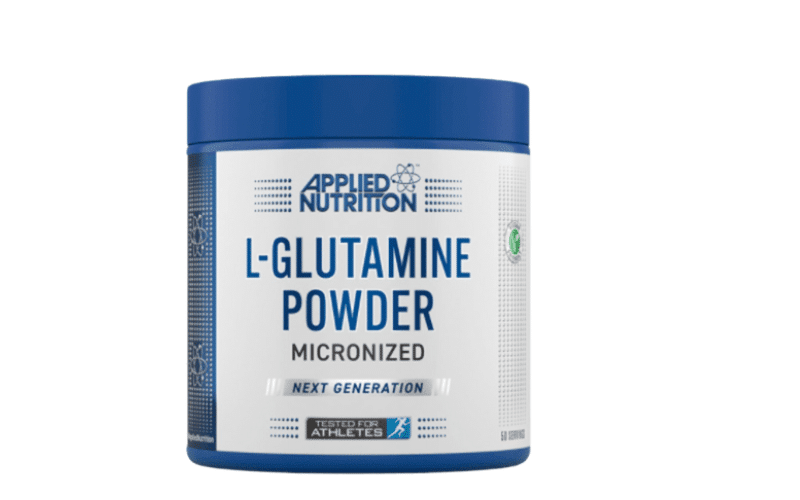
- Functions:
- Repairs muscle tissue after training.
- Strengthens the immune system.
- Improves nutrient absorption through gut health.
- Repairs muscle tissue after training.
You can find glutamine naturally in foods like meat, dairy, and eggs, but athletes often supplement with glutamine for quicker recovery.
What are BCAAs?
BCAAs refer to three essential amino acids leucine, isoleucine, and valin which the body cannot produce on its own. They are particularly vital for athletes because they fuel muscle tissue directly during and after exercise.
BCAAs reduce muscle soreness and boost faster recovery after post-workout training.
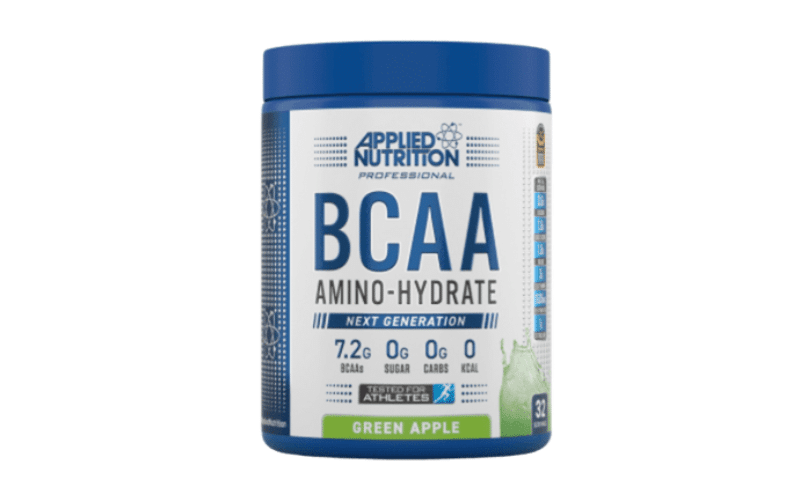
- Functions:
- Stimulate muscle protein synthesis.
- Reduce muscle breakdown during workouts.
- Improve exercise endurance and reduce fatigue.
- Stimulate muscle protein synthesis.
For convenience, many athletes use BCAA supplements alongside high-protein meals to speed up recovery.
Glutamine vs BCAA: Key Differences
When it comes to post-workout recovery, both glutamine and BCAAs play crucial yet distinct roles.
| Feature | Glutamine | BCAAs |
| Structure | Single amino acid | Three essential amino acids |
| Primary Function | Immunity, gut health, muscle repair | Muscle protein synthesis, energy |
| Best For | Recovery + immune strength | Muscle growth + endurance |
| Absorption | Supports gut and indirect recovery | Direct muscle fuel |
This means glutamine is better suited for overall recovery and health, while BCAAs target direct muscle growth and energy.
Benefits of Glutamine for Post-Workout Recovery
Glutamine is often called a “recovery amino acid” because of its wide-ranging benefits beyond muscle repair.
- Reduces muscle soreness after training.
- Boosts immunity, especially during periods of intense training.
- Improves gut health, which enhances nutrient absorption.
Athletes who train daily find glutamine especially useful during phases of high stress or calorie deficit.
Benefits of BCAA for Post-Workout Recovery

BCAAs are the go-to supplement for those who want fast muscle recovery and growth.
- Leucine triggers muscle protein synthesis (MPS), essential for building lean muscle.
- Helps reduce delayed onset muscle soreness (DOMS).
- Enhances endurance during long or high-volume workouts.
BCAAs are often paired with whey protein for maximum results, as protein provides a complete amino acid profile.
Which is Better for Post-Workout Recovery?
The answer depends on your fitness goals.
- If you want stronger immunity, gut health, and overall recovery → Glutamine is the better choice.
- If your main focus is lean muscle growth, endurance, and reducing soreness → BCAAs deliver faster results.
- For athletes aiming at complete recovery, combining both supplements can be ideal. Many stack glutamine with creatine and protein for advanced recovery and performance.
Expert Advice on Usage
Knowing how and when to take these supplements is just as important as choosing the right one.
- Glutamine: 5–10 g post-workout or before bedtime.
- BCAAs: 5–7 g before or after workouts, sometimes during training for endurance.
- Both can be safely combined in a recovery stack with strength & recovery supplements.
For best results, pair supplementation with a balanced diet, hydration, and adequate rest.
FAQs
Can I take glutamine and BCAA together?
Yes, many athletes combine them for holistic recovery.
Which is better for muscle growth?
BCAAs are more effective for triggering direct muscle growth.
Do I need these if I already eat high protein?
If your diet is rich in protein from meats, dairy, and eggs, you may need them less, but supplementation can still accelerate recovery.
Are there side effects of daily use?
Both are generally safe, but excessive use may cause stomach discomfort. Stick to recommended dosages.
Final Takeaway
When comparing glutamine vs BCAA for post-workout recovery, the right choice depends on your goals. Glutamine enhances immune strength and overall recovery, while BCAAs fuel muscle growth and reduce fatigue. For athletes seeking maximum performance, using both strategically can provide the best of both worlds.

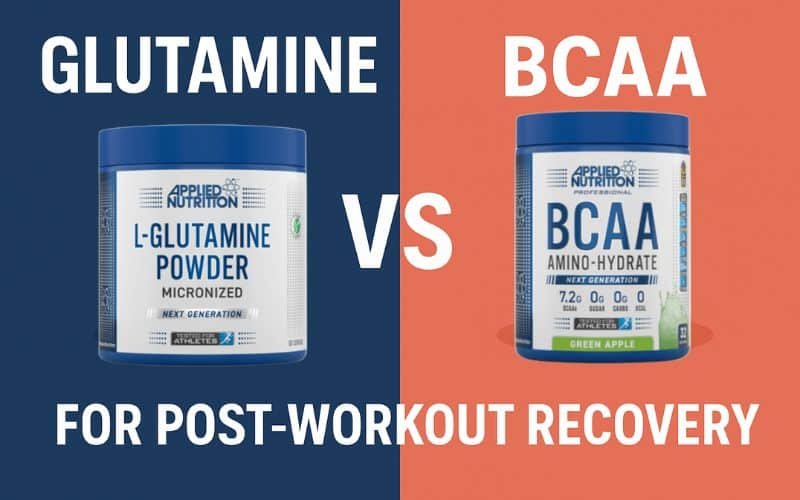


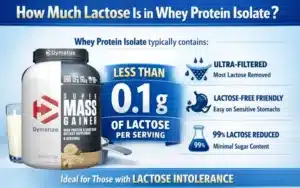

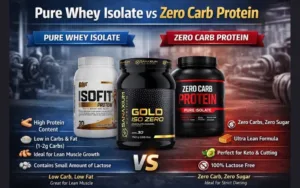


Add comment